
Scientific research at a university in Ho Chi Minh City - Photo: TRAN HUYNH
According to experts, university rankings are one of the criteria for evaluating a country’s higher education system. However, to ensure sustainable rankings, it must be associated with quality assurance and quality assessment.
Don't race at all costs.
According to Prof. Dr. Tran Diep Tuan - Chairman of the Board of the University of Medicine and Pharmacy, Ho Chi Minh City, university rankings are considered very important for all parties. For the school, the rankings will help the school know where it is and what it lacks. For the State, it can choose strong universities to invest in. For students, it helps them choose the right school.
Each ranking has different criteria and evaluation methods. Therefore, it cannot be assumed that a university listed in this ranking is better than another university listed in another ranking. However, with each ranking, universities can see where they stand, what their strengths and outstanding advantages are, as well as the weaknesses that need to be overcome to improve the quality of training and research.
However, if investment is not correct, for example, focusing too much on scientific publications and neglecting training and quality assessment according to international standards, it will distort university rankings, not reflecting the true nature of university education, and even causing negativity.
"Recently, a series of prestigious universities in the world have proactively withdrawn from the rankings. The reason is said to be outdated ranking methods, many ranking criteria do not reflect the entire quality of a school, especially for schools that have their own directions according to their mission.
This is something that Vietnamese universities should think about when looking at university rankings. We should absolutely not compete for rankings at all costs," Professor Tuan emphasized.
Dr. Le Truong Tung, chairman of the board of FPT University, also said that university rankings are a tough game, because each ranking has its own method and rules. And because universities are a very complex entity (bad schools are generally the same, while good schools are good in different ways), it is difficult to have any rule that fits all. In fact, cheating to get good data to increase rankings is a disease that is present in both Vietnamese and Western countries.
Never race for rankings at all costs.
Must be associated with quality assurance
According to Associate Professor Dr. Do Van Dung - former principal of Ho Chi Minh City University of Technical Education, initially, neither the academic community nor universities in the US and Western countries paid much attention to university rankings. However, competition in enrollment has become increasingly fierce, and some high-ranking schools have begun to use their ranking positions in world university rankings to communicate and promote their schools with the aim of attracting students.
"Since ancient times, people have tried to fabricate data (because rankings do not examine each school) to get promoted, mainly for admission purposes. When I studied in Australia, many Chinese students were tricked into entering highly ranked schools, but after a while they understood the nature of university rankings as advertising, so they chose schools based on other criteria.
In Vietnam, it is the same. If we survey the number of candidates who choose a school based on the rankings, it will be clear. Parents and candidates today only care about which university has quality, easy to find a job after graduation, and high salary. That explains why there are universities in Vietnam that are ranked high in world university rankings but the entrance score is still very low," said Mr. Dung.
Dr. Nguyen Quoc Chinh - Director of the Center for Testing and Assessment of Training Quality of Ho Chi Minh City National University - said that university rankings have the advantage of being the foundation for ensuring the quality of universities, contributing to improving the quality of training and research. However, rankings should not be considered the ultimate goal of higher education, because it only reflects a part of the picture of university quality.
University rankings, as a form of external quality assurance, will only be effective and useful if we treat them appropriately, not just for show and at all costs. We need to see them as a tool for benchmarking and comparing quality. Then participating or not participating in rankings is simply a matter of using or not using that tool. We should not take this issue too seriously.
"Major rankings like QS or THE only use one set of criteria to rank all schools. Thus, if every school uses that set of criteria as its criteria to strive for, it will cause the education system to be skewed, losing the diversity of the university education system.
"Vietnamese universities need to choose appropriate rankings and invest in targeted areas. To ensure sustainable rankings, it is necessary to link them with quality assurance and quality assessment. At the same time, it is necessary to establish a specialized unit for managing and analyzing educational data and build an independent center to assess the impact of higher education institutions," said Mr. Chinh.
Do not use ratings to evaluate research
The latest European "Research Assessment Reform Accord" includes a commitment to not use rankings of research institutions to evaluate research. It is recognized that the international rankings most often mentioned by research institutions today are "unfair and unaccountable"; the criteria used by these rankings are not suitable for evaluating individual researchers, research groups and research units.
The aim of this commitment is to avoid the inappropriate use of international rankings to evaluate researchers, which could undermine research. It will also help the research community and research institutions regain autonomy in shaping their evaluation practices, rather than having to adhere to criteria and methods set by commercial companies. This may include maintaining control over ranking methods and data.
Source: https://tuoitre.vn/chay-dua-xep-hang-dai-hoc-chu-yeu-phuc-vu-muc-tieu-tuyen-sinh-20240614092944797.htm



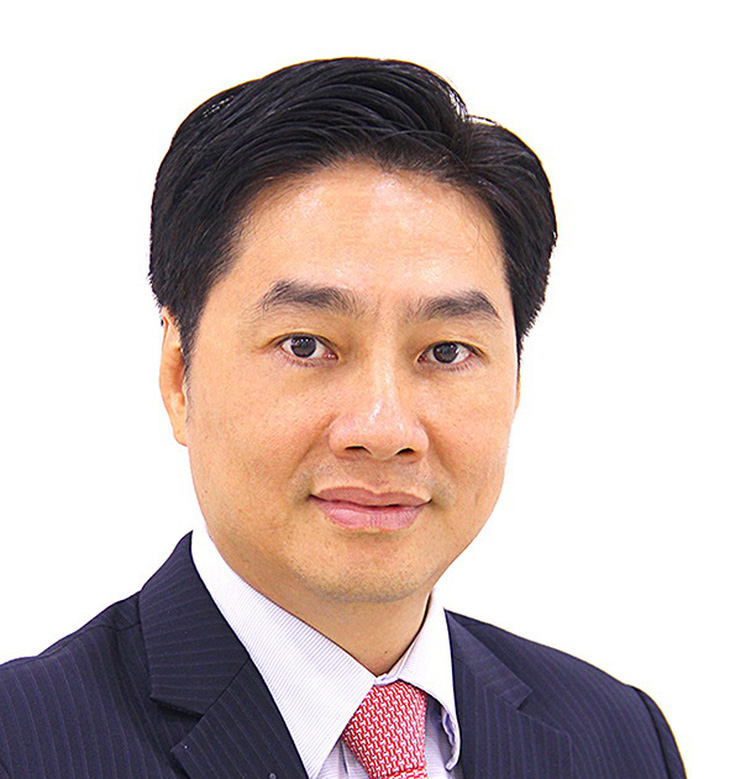




![[Photo] General Secretary To Lam attends the 80th anniversary of Vietnam's diplomacy](https://vstatic.vietnam.vn/vietnam/resource/IMAGE/2025/8/25/3dc715efdbf74937b6fe8072bac5cb30)

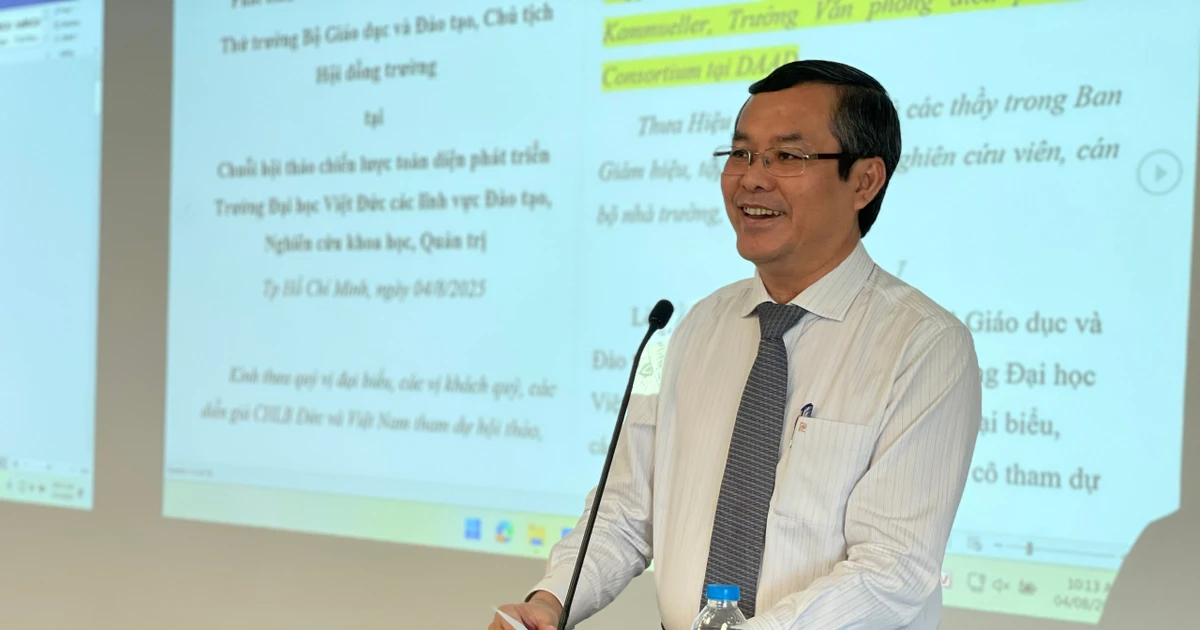





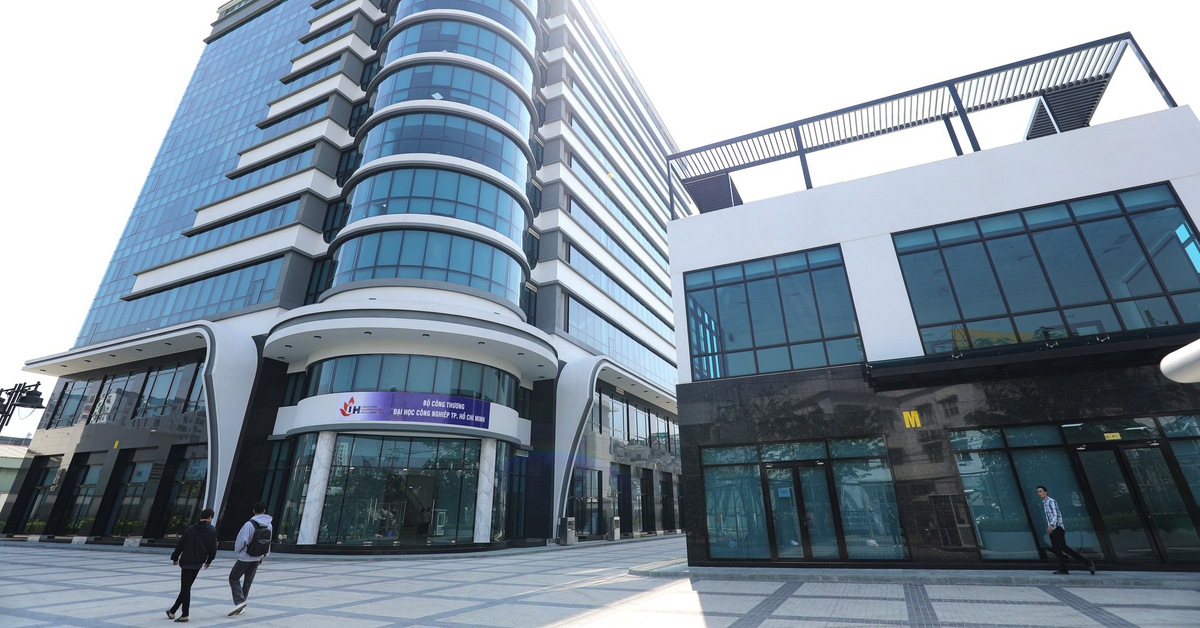

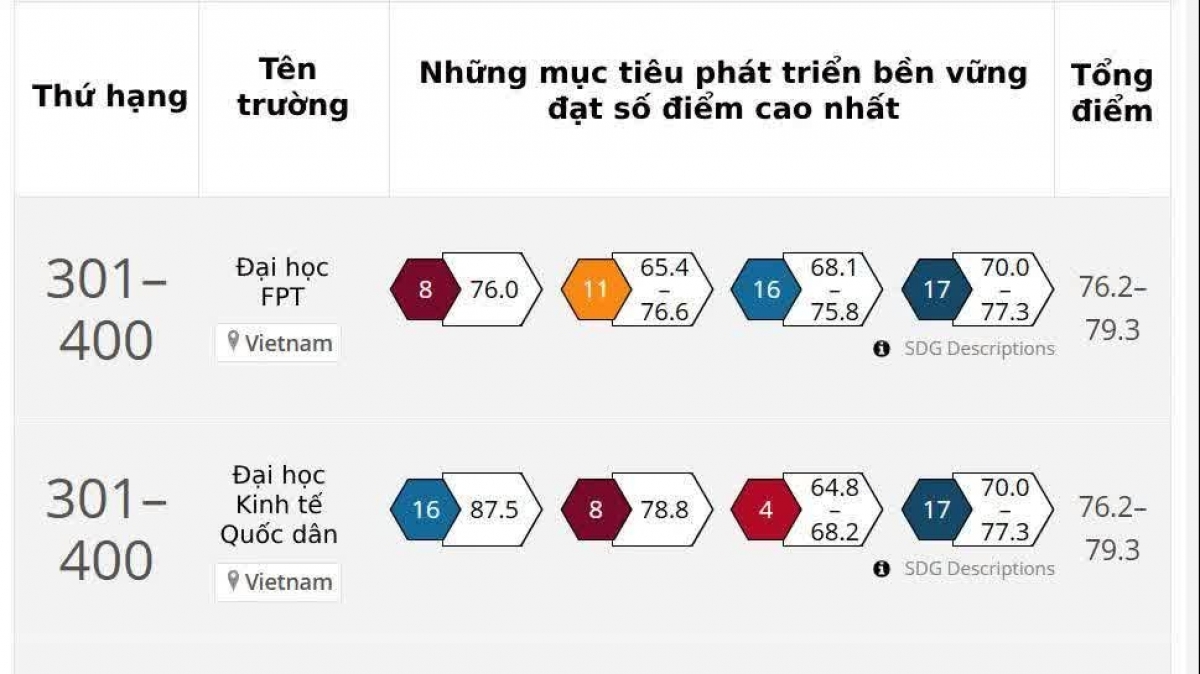





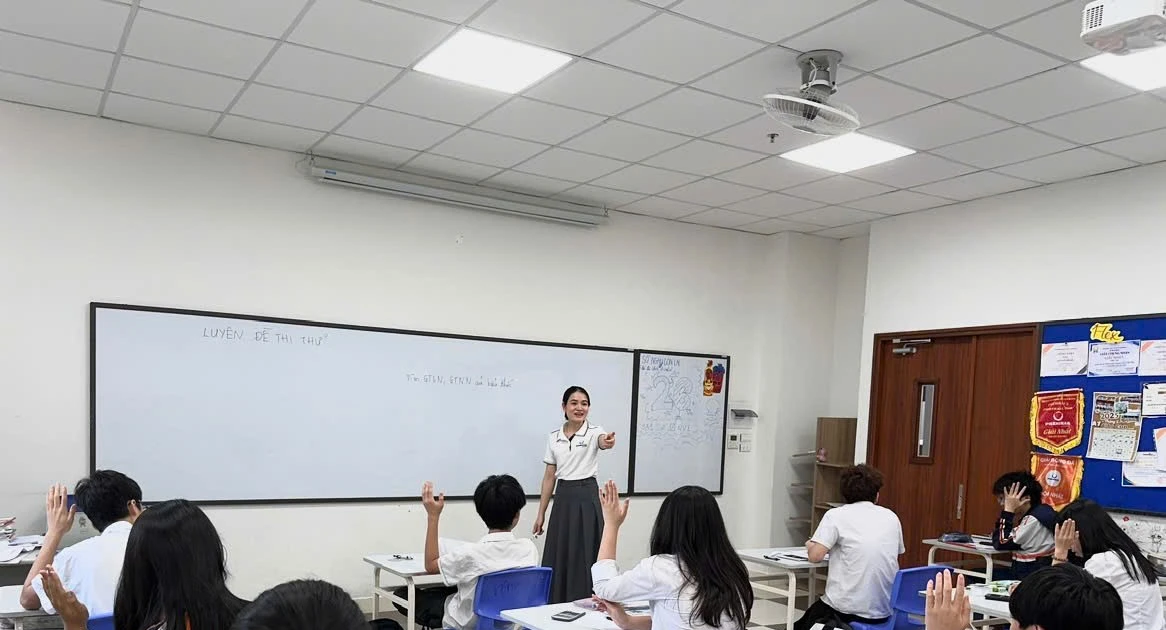









































![[E-Magazine] Petrovietnam – Strong steps to realize the “Epochal Transformation”](https://vstatic.vietnam.vn/vietnam/resource/IMAGE/2025/8/25/e745baade70f4e1e96f5314f65eac658)











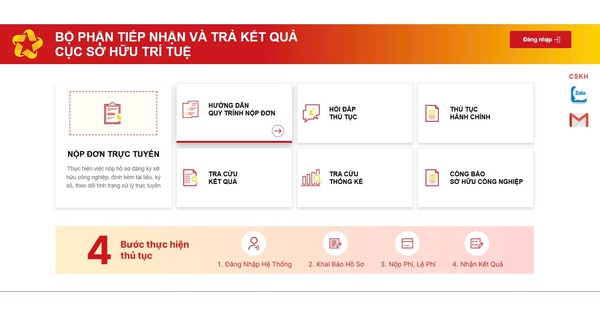

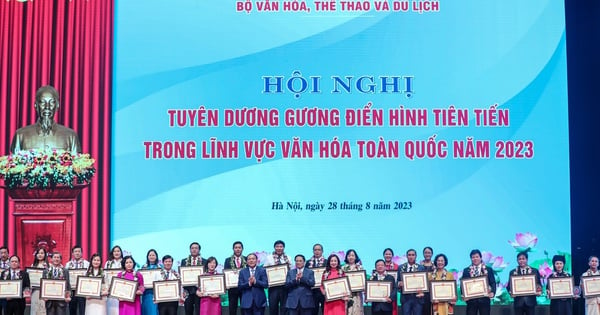





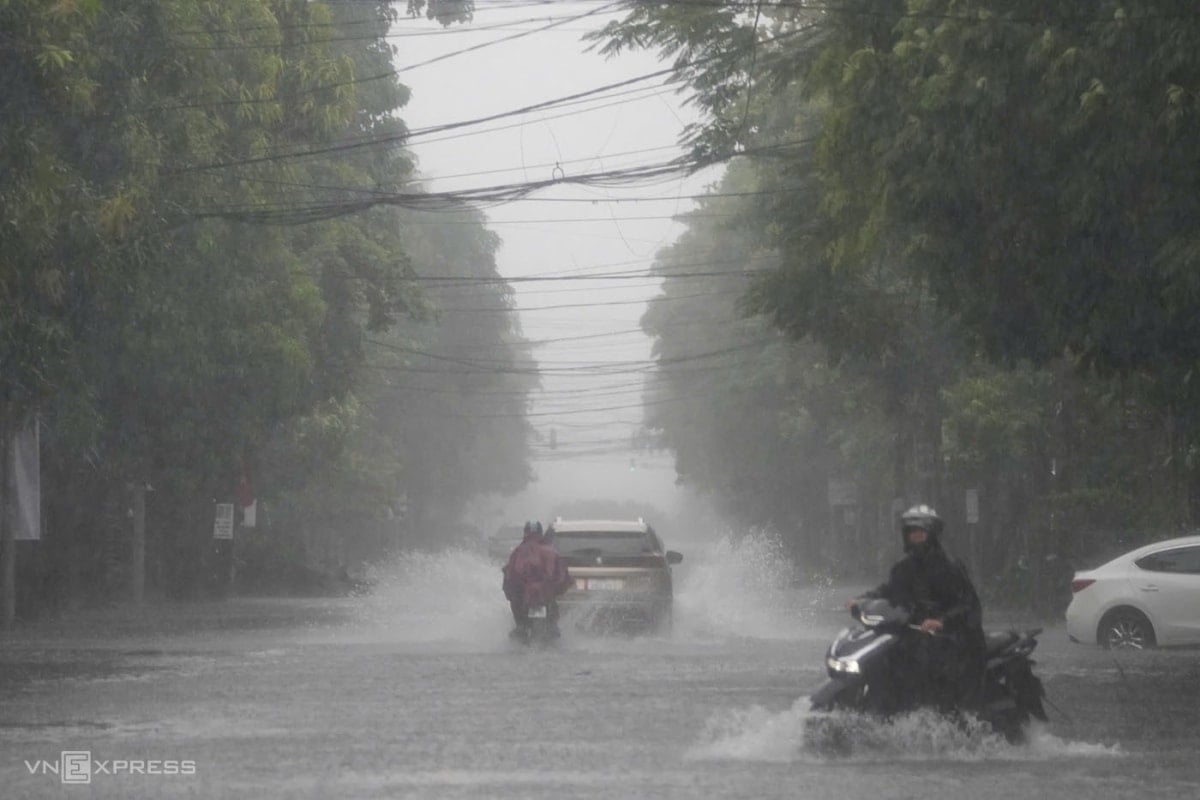

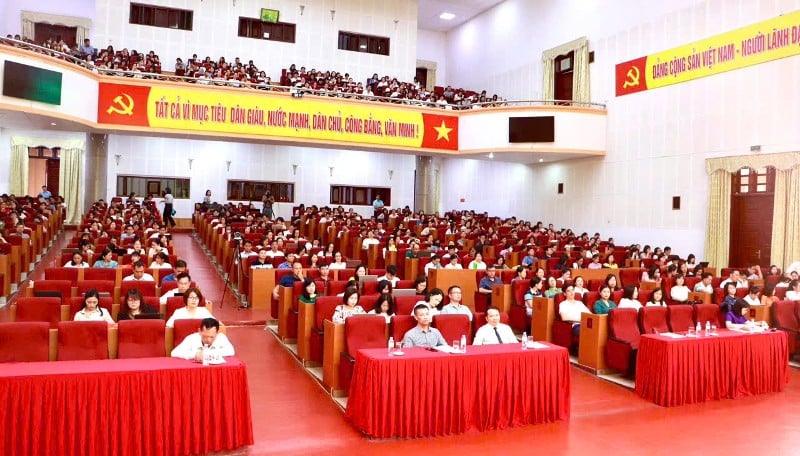



















Comment (0)